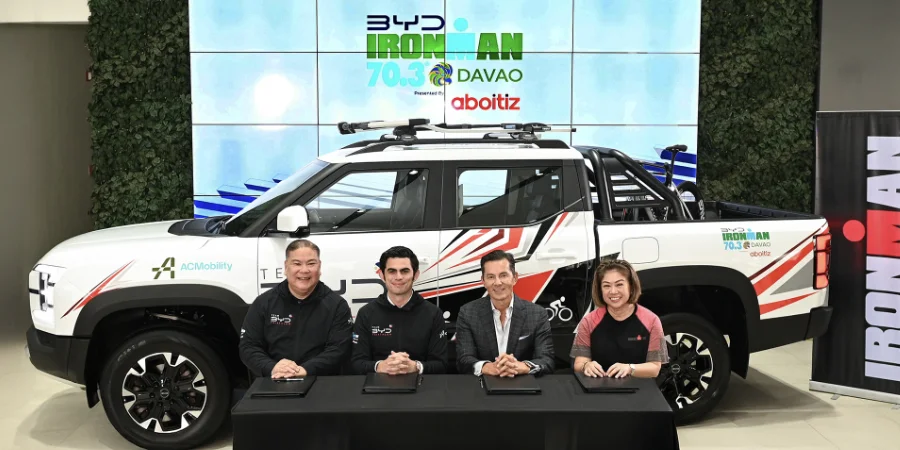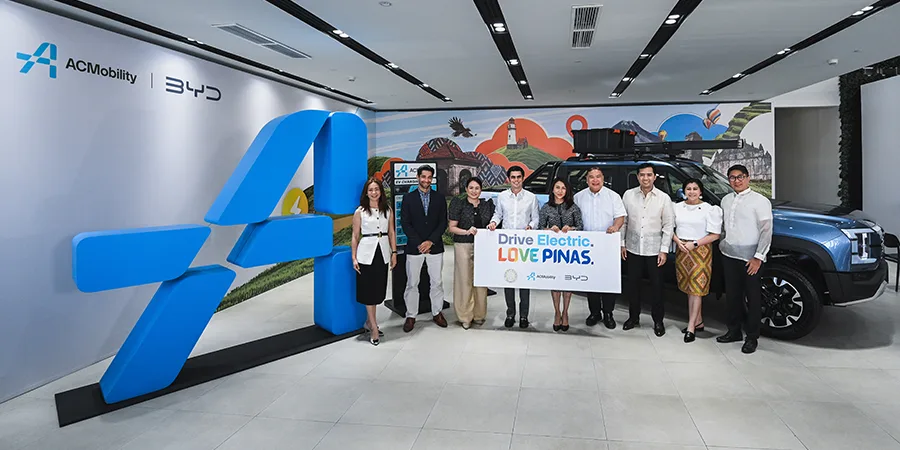Electric vehicles (EVs) are transforming the automotive landscape in the Philippines. However, misconceptions persist, hindering widespread adoption. Let’s address and debunk six common EV myths to provide clarity and confidence for potential EV owners.
Myth 1: EVs Have Poor Performance and Limited Range
Reality: Modern EVs, like the BYD Atto 3, offer impressive performance metrics. The Atto 3 delivers 204 horsepower and 310 Nm of torque, achieving 0-100 km/h acceleration in just 7.3 seconds. With a range of up to 480 km (NEDC), it rivals many internal combustion engine (ICE) vehicles in both power and distance capabilities.

Myth 2: EVs Are More Expensive and Less Economical Than Conventional Vehicles
Reality: While the upfront cost of EVs can be higher, long-term savings are substantial. The BYD Efficiency Run observed by the Automobile Association Philippines demonstrated that BYD EVs cost between ₱1.62 to ₱2.00 per kilometer. Over five years, the BYD Atto 3 can yield fuel savings of ₱464,826.72 and maintenance savings of ₱69,069.43, translating to a 70% and 72% reduction, respectively, compared to conventional vehicles.
Myth 3: EVs Are Not Safe and Reliable
Reality: EVs undergo rigorous safety testing and often include advanced safety features. The BYD Atto 3, for instance, is equipped with Electronic Stability Control (ESC), Hill Descent Control (HDC), Traction Control System (TCS), Automatic Emergency Braking System (AEB), Adaptive Cruise Control (ACC), Blind Spot Detection (BSD), Lane Departure Warning (LDW), and Lane Keep Assist (LKA). Additionally, BYD’s Blade Battery technology has passed stringent safety tests, including the Nail Penetration test, ensuring durability and safety.
Myth 4: EVs Experience More Breakdowns
Reality: EVs have fewer moving parts than ICE vehicles, reducing the likelihood of mechanical failures. The simplified design leads to increased reliability and lower maintenance requirements.
Myth 5: EV Batteries Require Replacement Every Five Years
Reality: Modern EV batteries are designed for longevity. BYD’s Blade Battery endures about 3,000 charging cycles before significant degradation, equating to over 1.2 million kilometers of driving. Moreover, BYD offers an extensive battery warranty of 8 years or 150,000 kilometers, whichever comes first.

Myth 6: EVs Are Not Widely Available and Accessible in the Philippines
Reality: EV infrastructure in the Philippines is expanding. Public charging stations are increasingly available in malls and commercial areas. Additionally, BYD provides a free home charger with each EV purchase, enhancing convenience for owners.
Explore BYD’s Electric Vehicle Lineup
Discover the range of BYD electric vehicles available in the Philippines:
Visit BYD Cars Philippines or contact your nearest BYD dealership to schedule a test drive and experience the future of mobility today.





